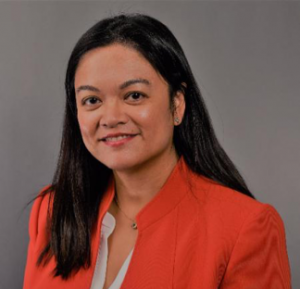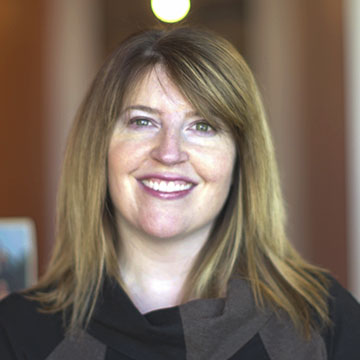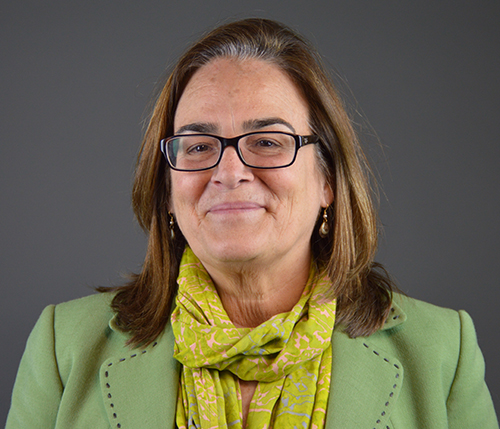
PlatformQ Health will present a poster at the Alliance Industry Summit (AIS) 2018 “Best in Class Outcomes Awards” Monday, May 7, 2018 highlighting a series of diabetes programs for clinicians created in collaboration with the renowned Joslin Diabetes Center. The poster, Better Targeting of Serial Education through Formative Qualitative Evaluation, will focus on how advanced evaluation methods informed the education’s design to better target messages and meet the clinician needs. Full details about the program and its design can be found below.
We’re proud to have many team members that will be attending AIS this year. Keep your eye out for the team and ask them about how our educational design and formats are impacting clinician education.

Sr. Medical Director
Email Anne

VP of Digital Education
Email Jayne

Director of Digital Education
Email Maria

Senior VP of Education
Email Kathryn

VP Outcomes and Analytics
Email Wendy

Vice President CME Marketing
Email Christian
Unable to attend the Alliance Industry Summit, and want to learn more about our network of learning channels and why we’re the fastest growing medical and health education network in the U.S.? Contact Lauren Alford at lalford@platformq.com.
Poster Overview:
In collaboration with Joslin Diabetes Center and Primary Care Network, PlatformQ Health Education launched 2 live online education activities in 2017 to enable clinicians to understand the pharmacology of newer long-acting basal insulins and biosimilar insulin glargine and their evidence-based clinical applications including indications, usage methodology and place in the therapeutic spectrum for this condition.
While the first session was largely based on needs assessment research, the second session, planned generally as case discussions, began as a blank slate to be fully informed by Part 1 learners through a formative evaluation process consisting of in-depth qualitative interviews with HCP learners from Part 1.
Formative evaluation techniques allowed for an improved educational experience for clinicians through this unique integration of evaluation and educational design. The vast majority of evaluation in the CME/CE field is summative in nature – it’s a “look-back” at how a provider has done in accomplishing their goals (e.g., meeting learning objectives). Formative evaluation improves the quality of education for clinicians by allowing more precise targeting of educational messages to the right audience at the right time while content is still in development. It’s a “check-in” with the learner base to ensure that content is meeting their specific needs.
The educational initiative was supported by an independent educational grant from Boehringer Ingelheim Pharmaceuticals, Inc. and Lilly USA, LLC.

